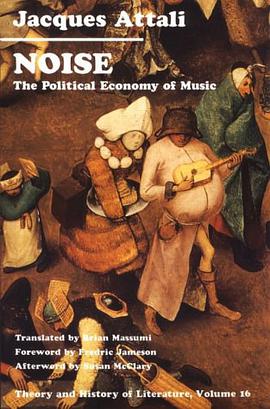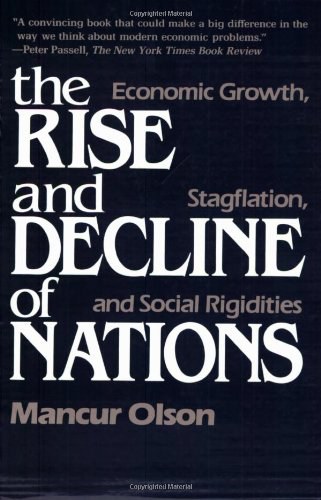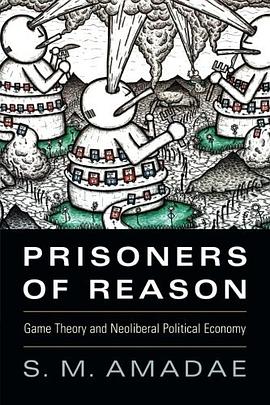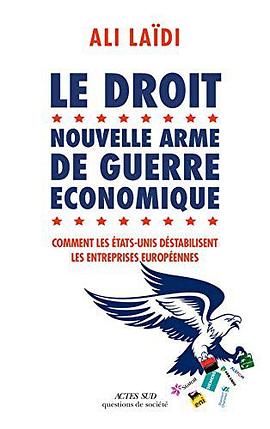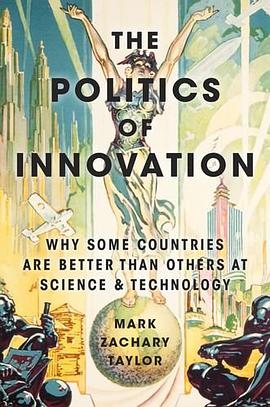Noise 豆瓣
作者:
Jacques Attali
译者:
Brian Massumi
University Of Minnesota Press
1985
- 6
Attali's essential argument in Noise: The Political Economy of Music is that music, as a cultural form, is intimately tied up in the mode of production in any given society. For marxist critics, this idea is nothing new. The novelty of Attali's work is that it reverses the traditional understandings about how revolutions in the mode of production take place:
[Attali] is the first to point out the other possible logical consequence of the “reciprocal interaction” model—namely, the possibility of a superstructure to anticipate historical developments, to foreshadow new social formations in a prophetic and annunciatory way. The argument of Noise is that music, unique among the arts for reasons that are themselves overdetermined, has precisely this annunciatory vocation; that the music of today stands both as a promise of a new, liberating mode of production, and as the menace of a dystopian possibility which is that mode of production’s baleful mirror image.[1]
[Attali] is the first to point out the other possible logical consequence of the “reciprocal interaction” model—namely, the possibility of a superstructure to anticipate historical developments, to foreshadow new social formations in a prophetic and annunciatory way. The argument of Noise is that music, unique among the arts for reasons that are themselves overdetermined, has precisely this annunciatory vocation; that the music of today stands both as a promise of a new, liberating mode of production, and as the menace of a dystopian possibility which is that mode of production’s baleful mirror image.[1]
